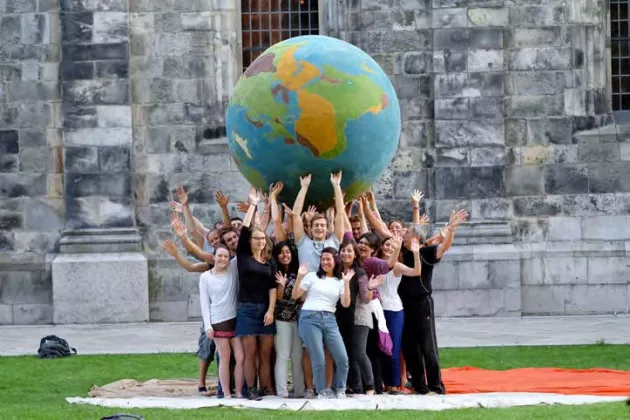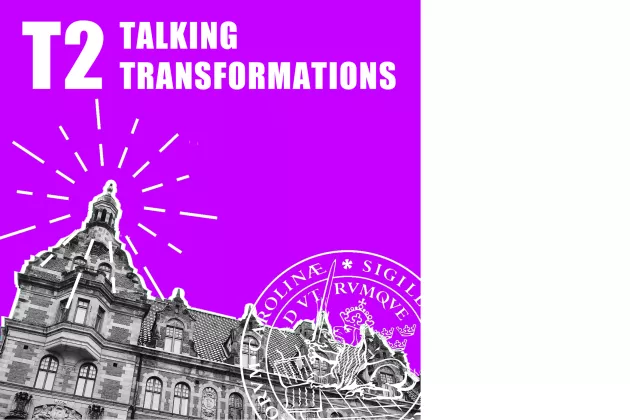There is an urgent need for radical transformations of unsustainable socio-technical systems, such as food, mobility, and housing. These transformations will not take place without new policies and research. In order to achieve these transitions, learning must be a central feature based on thorough evaluations of the actions taken. Evaluations have been conducted and studied for decades, but traditional evaluation approaches have largely been developed to produce knowledge for incremental changes, not for radical transformations. This article develops a framework for interdisciplinary evaluations targeting transformative changes toward a more sustainable society. The framework combines evaluation theory and practice with transition theory, sociology of science, policy analyses, and environmental psychology. While the primary purpose of the framework is to help design evaluations that would better enhance learning for transitions, it can also be used for systematic meta-evaluations of past evaluations.
Read the article here





